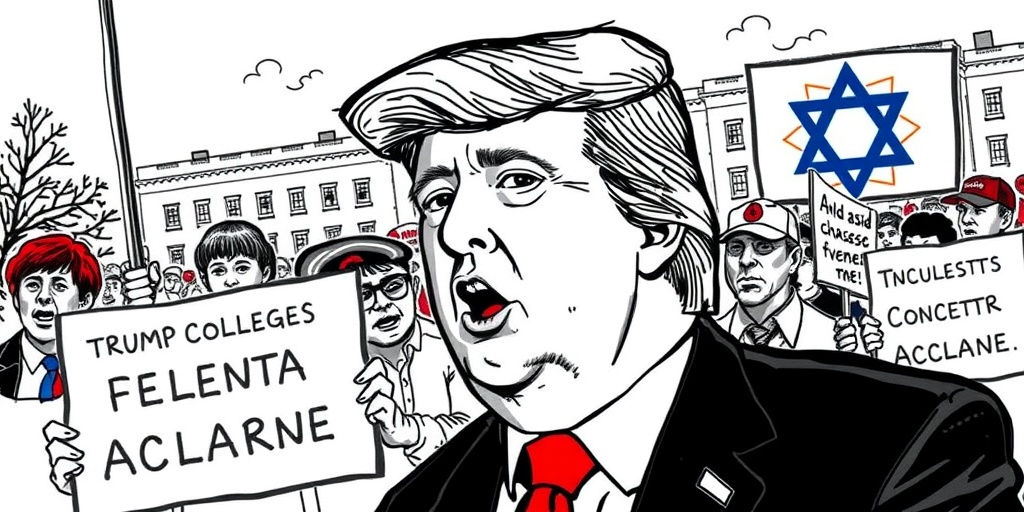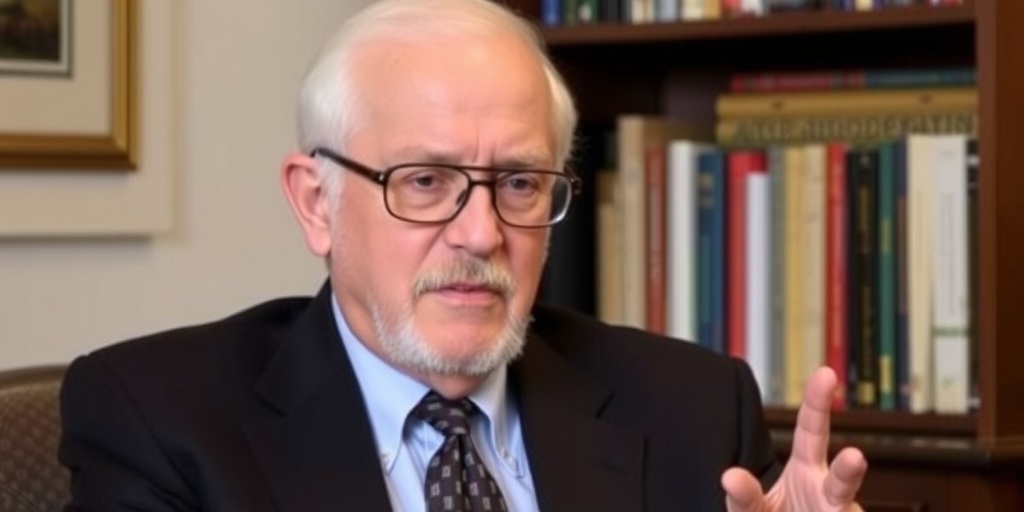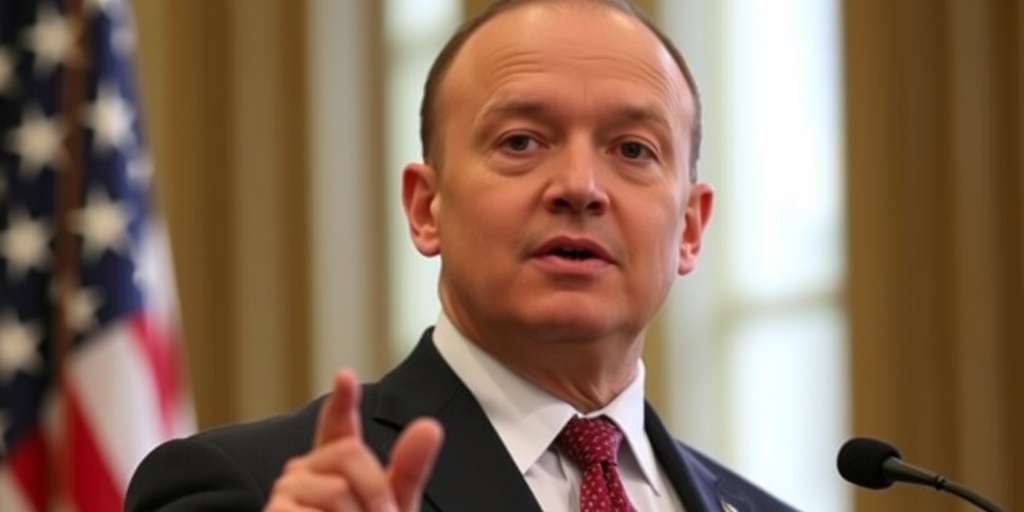Now Reading: Trump Officials Alert 60 Colleges on Potential Antisemitism Penalties
-
01
Trump Officials Alert 60 Colleges on Potential Antisemitism Penalties
Trump Officials Alert 60 Colleges on Potential Antisemitism Penalties

Trump Administration Warns Universities Over Antisemitism Investigations
In a significant move, the Trump administration issued warnings to 60 universities on Monday regarding potential penalties stemming from ongoing investigations into antisemitism on college campuses. This action follows a series of recent escalations, including the administration’s decision to withdraw funding from Columbia University and the arrest of a student protest leader associated with the university.
The list of universities targeted by the administration encompasses a diverse array of institutions, including both Republican- and Democratic-leaning states. Among these are prestigious Ivy League schools such as Brown and Yale, major state universities like Arizona State University and the University of Tennessee, as well as smaller colleges including Muhlenberg College in Allentown, Pennsylvania, which boasts an enrollment of approximately 2,000 students.
President Trump has notably leveraged allegations of antisemitism as a political tool against Democrats during his ongoing presidential campaign, demonstrating a commitment to addressing this issue from the executive office. As discussions on college campuses intensify around defining what constitutes antisemitism, the complexities of these conversations have been magnified. Notably, protests against Israel have sparked debates over whether such actions should fall under the umbrella of antisemitism, particularly given that many of the protesters identify as Jewish themselves.
Last week, President Trump made headlines by threatening to revoke funding from universities that allegedly permit "illegal protests," a vague characterization that has drawn scrutiny but was not elucidated by the administration.
The administration’s actions are underscored by its recent decision to cancel $400 million in federal funding allocated to Columbia University. Officials cited "inaction in the face of persistent harassment of Jewish students" as the rationale behind this funding cut. However, the Trump administration has refrained from clarifying whether this decision was influenced by specific findings related to the multiple investigations into religious discrimination that were launched during the closing months of the Biden administration.
Furthermore, on March 3, the newly established antisemitism task force under President Trump notified Columbia University of an impending "comprehensive review" of its federal contracts and grants. Just four days later, the administration formally announced the withdrawal of $400 million in funding. This action sparked significant controversy, raising concerns regarding academic freedom and the rights of students engaged in protest activities.
In a related development, the administration invoked a lesser-known legal statute to detain and attempt to deport a recent Columbia graduate who was identified as a leader of protests at the university. A federal judge in Manhattan has temporarily blocked this deportation order, allowing the student to remain in the United States for the time being.
During a recent confirmation hearing for Linda McMahon, President Trump’s newly appointed Secretary of Education, Senator Bill Cassidy, Chair of the Senate Education Committee, pressed her to address the substantial backlog of antisemitism investigations within the department. McMahon acknowledged her need to gather more information regarding the situation. However, just four days following her confirmation, the Department of Education announced its intention to prioritize the investigation of antisemitism complaints—a move that reflects the administration’s intensified focus on this contentious issue.
Records from the Department of Education indicate that there were ongoing investigations into religious discrimination at 40 of the 60 universities when President Trump assumed office. Most of these cases were reported to be less than 14 months old at that time, underscoring the urgency and complexity of the matter.
Despite the rising number of investigations, an online database maintained by the federal government to track these cases has not been updated since the Trump administration began. A spokesperson from the Department of Education admitted that no additional information could be provided beyond the agency’s cursory news releases.
In her statement on Monday, Secretary McMahon characterized federal funding as a privilege contingent on strict adherence to anti-discrimination laws. She further expressed her dismay that Jewish students at elite U.S. colleges continue to face safety concerns stemming from what she described as "relentless antisemitic eruptions" that have disrupted campus life for an extended period.
As discussions about antisemitism continue to evolve in the political and educational landscapes, the Trump administration’s actions signal a concerted effort to address purported anti-Jewish sentiment within universities across the nation. The implications of these investigations and funding cuts remain to be seen, as both universities and their student bodies navigate the intersection of free expression, activism, and the fight against discrimination in educational settings.
Stay Informed With the Latest & Most Important News
Previous Post
Next Post
-
 01New technology breakthrough has everyone talking right now
01New technology breakthrough has everyone talking right now -
 02Unbelievable life hack everyone needs to try today
02Unbelievable life hack everyone needs to try today -
 03Fascinating discovery found buried deep beneath the ocean
03Fascinating discovery found buried deep beneath the ocean -
 04Man invents genius device that solves everyday problems
04Man invents genius device that solves everyday problems -
 05Shocking discovery that changes what we know forever
05Shocking discovery that changes what we know forever -
 06Internet goes wild over celebrity’s unexpected fashion choice
06Internet goes wild over celebrity’s unexpected fashion choice -
 07Rare animal sighting stuns scientists and wildlife lovers
07Rare animal sighting stuns scientists and wildlife lovers




















